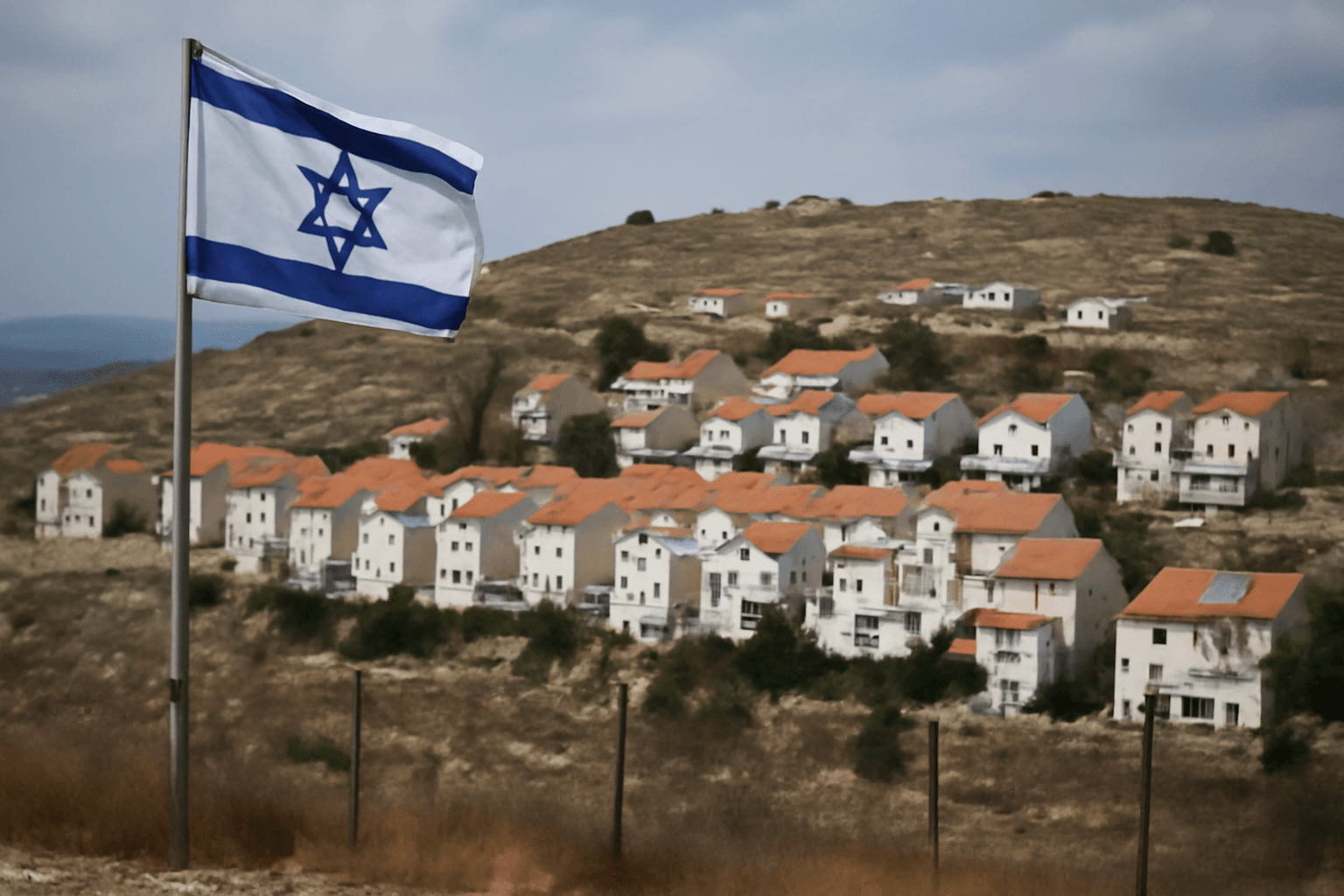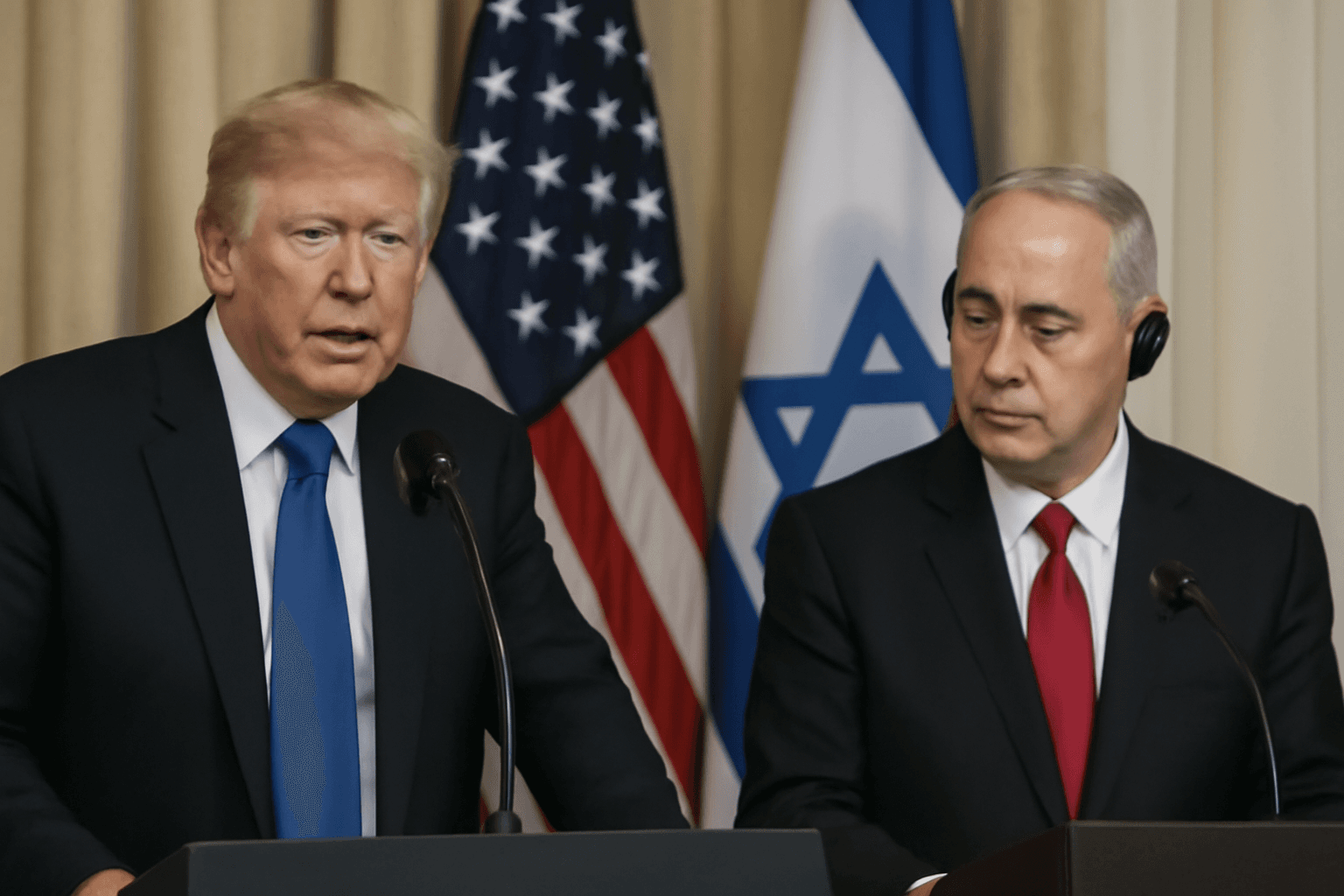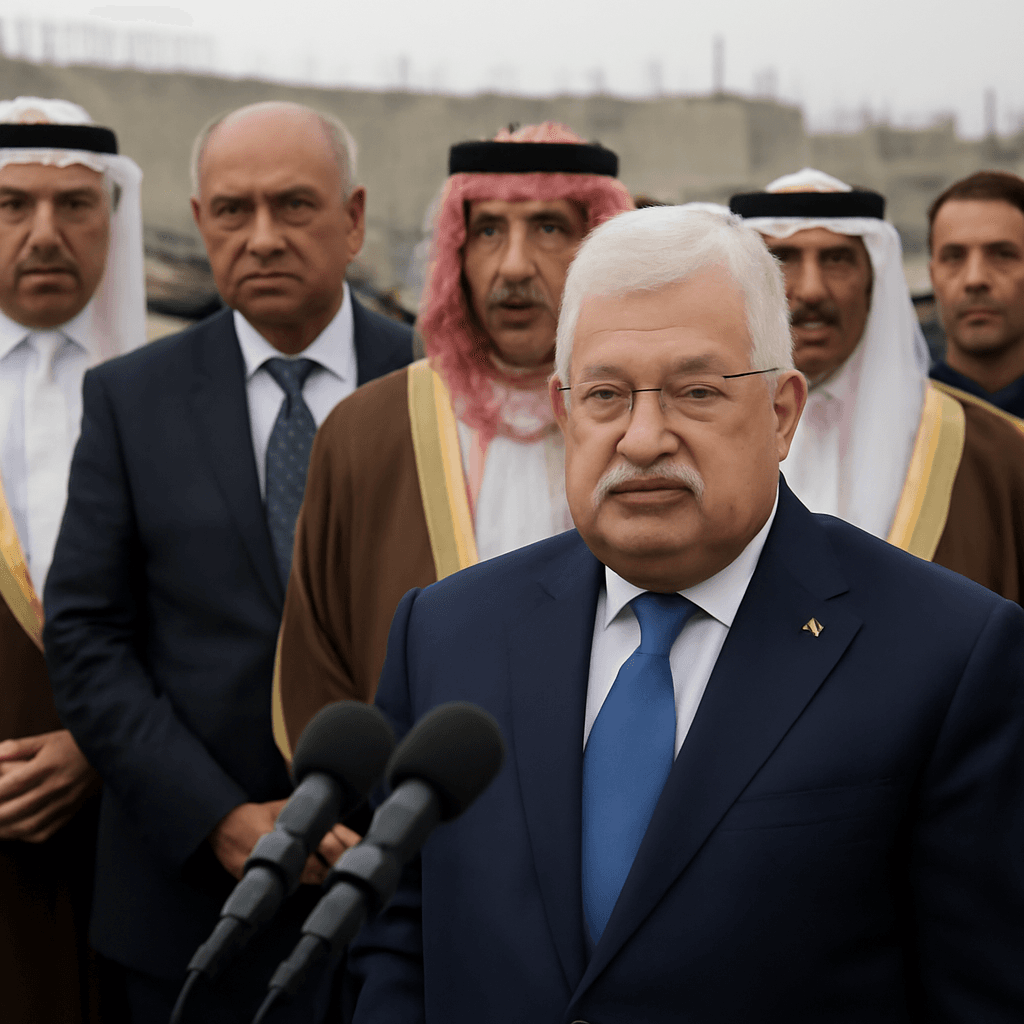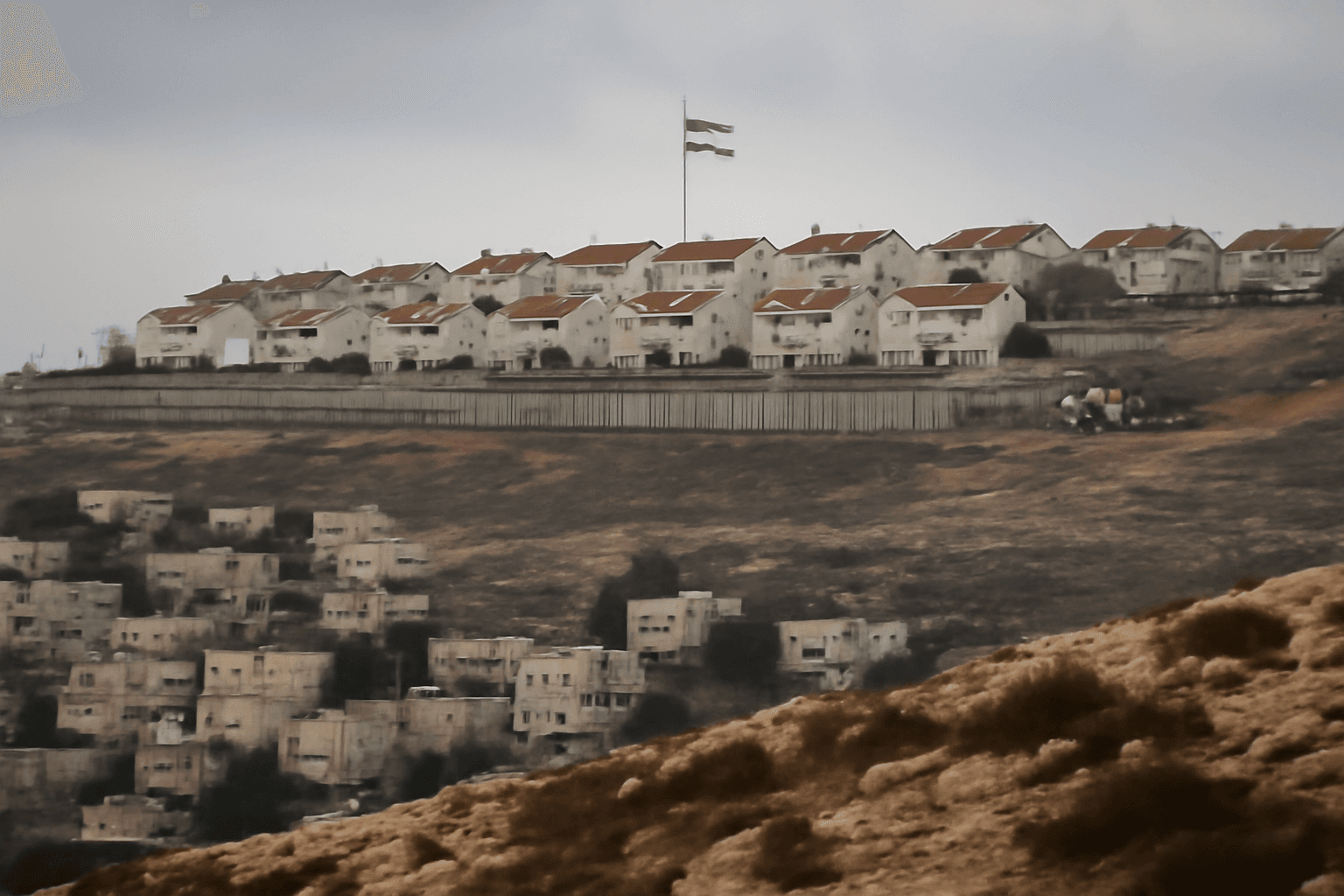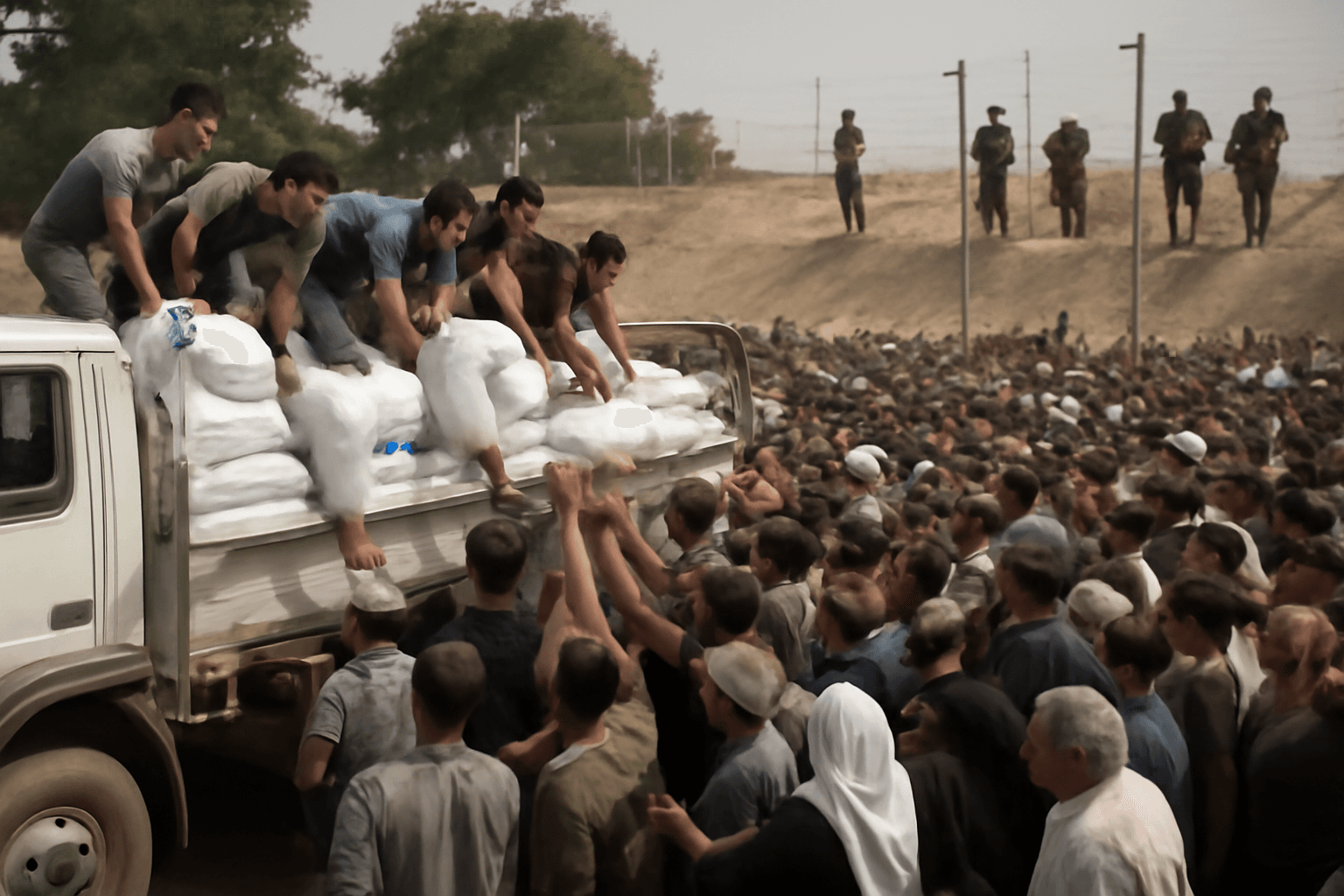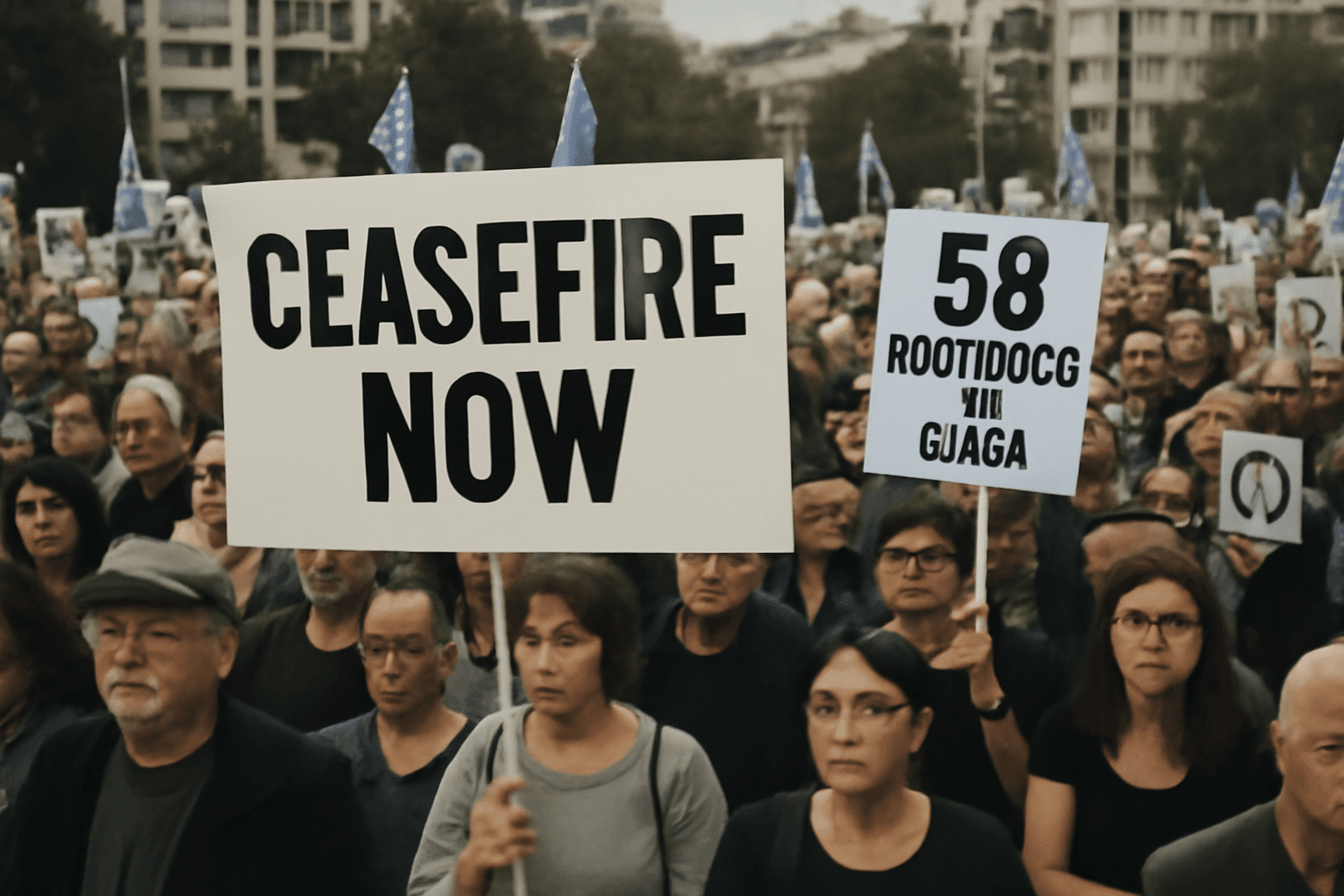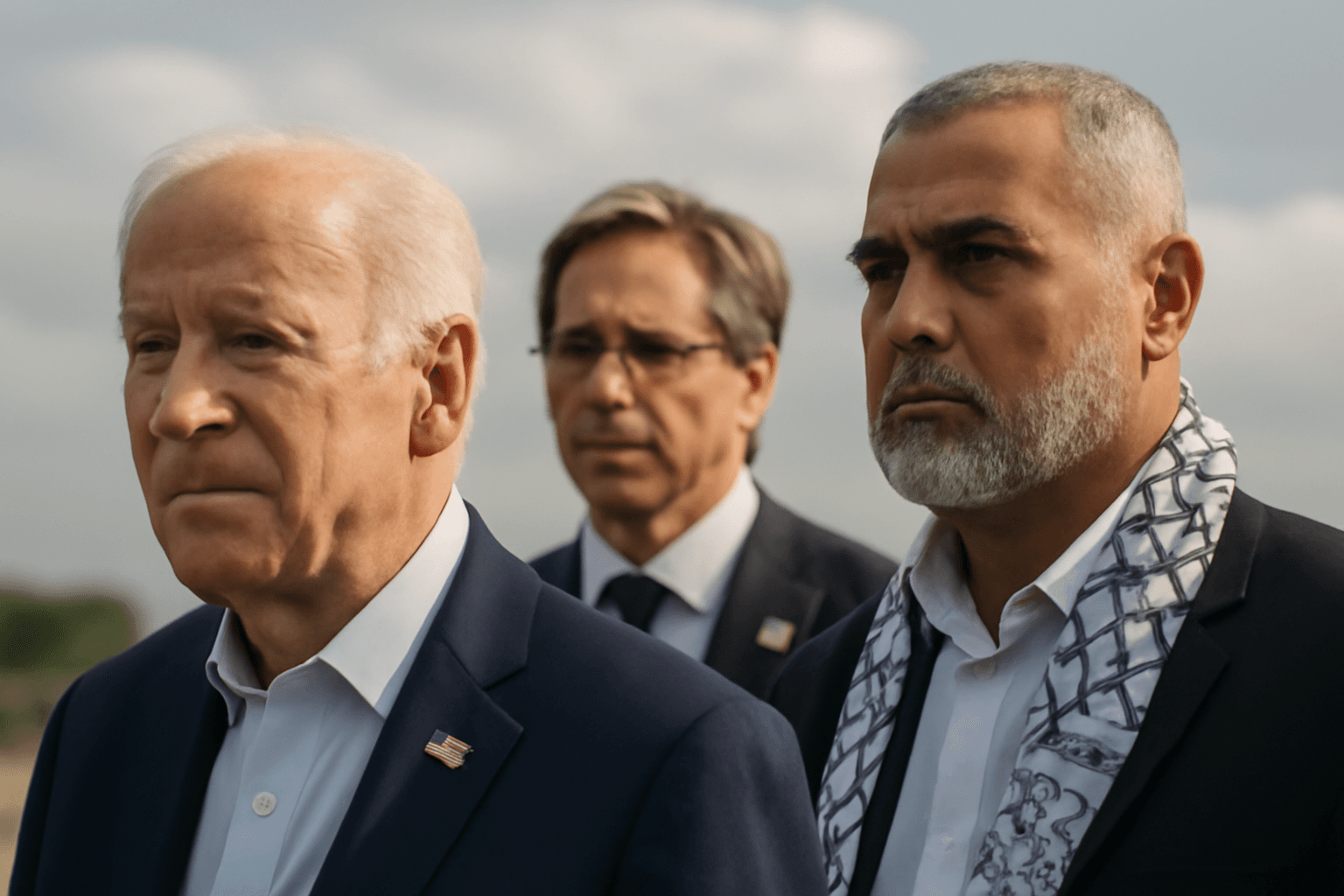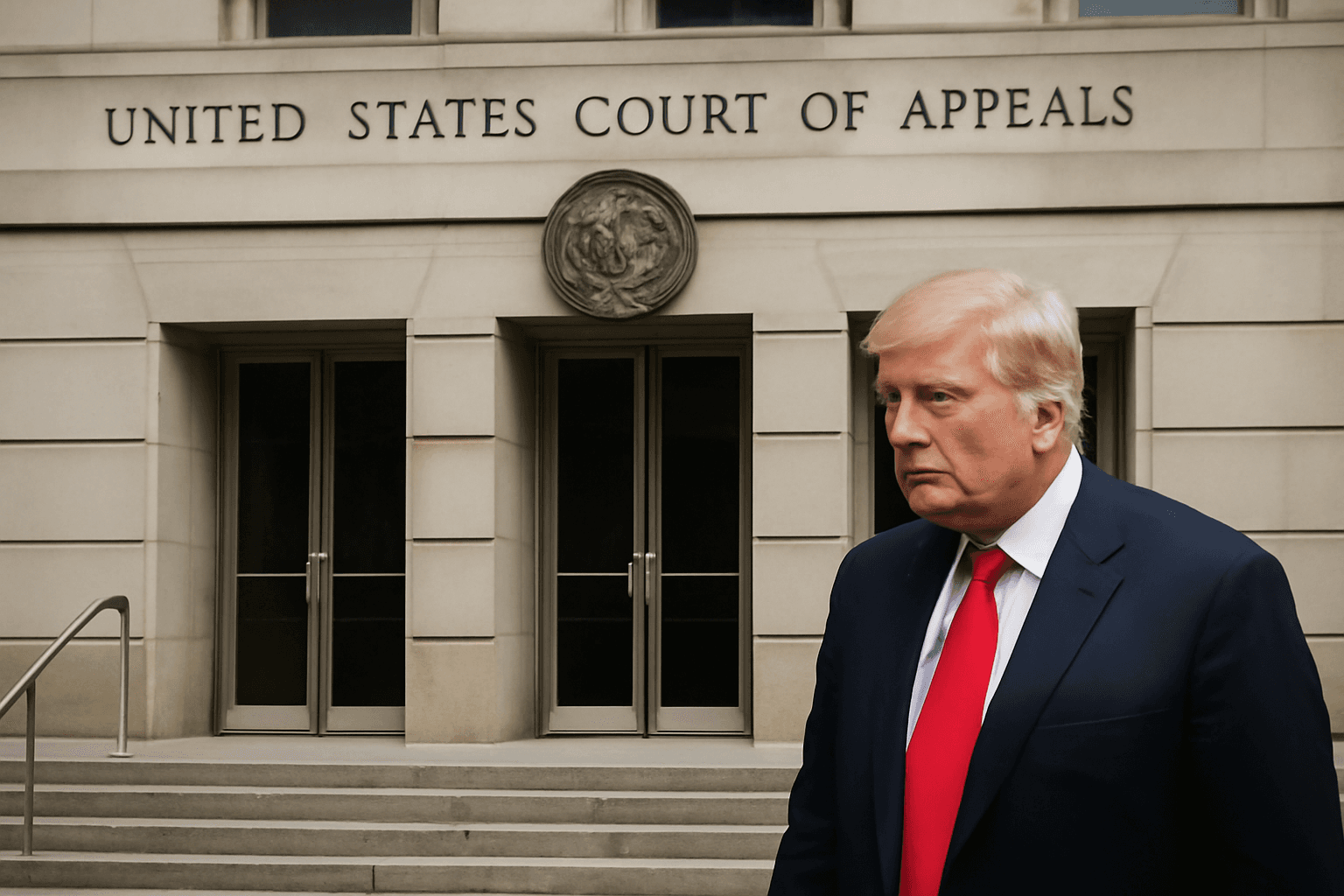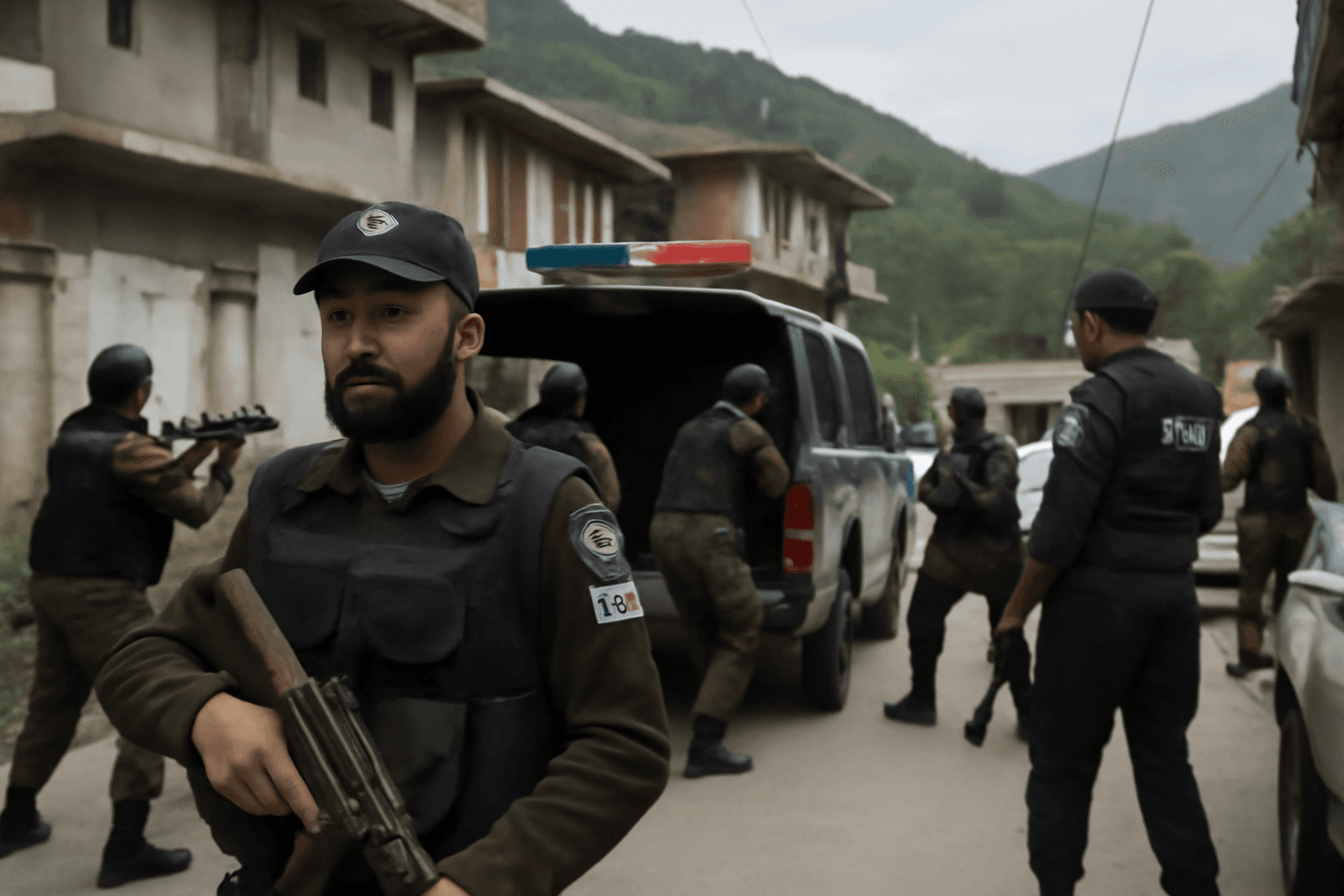On Thursday, Israel declared its intention to establish 22 new Jewish settlements in the occupied West Bank, including the formal legalization of several previously unauthorized outposts. This announcement marks a significant escalation in settlement activity in the region.
Israel captured the West Bank, Gaza Strip, and East Jerusalem during the 1967 Middle East war. The Palestinian leadership demands these territories for a future sovereign state, but the establishment and expansion of settlements have long been regarded by much of the international community as illegal and a major impediment to peace negotiations.
Defense Minister Israel Katz described the decision as a move that "strengthens our hold on Judea and Samaria," the biblical names for the West Bank. He added that it "anchors our historical right in the Land of Israel and serves as a firm response to Palestinian terrorism." Katz further stated that the plan is a strategic measure to prevent the creation of a Palestinian state, which could pose a security threat to Israel.
Existing Settlements and Demographics
Currently, Israel has constructed over 100 settlements throughout the West Bank, housing approximately 500,000 Israeli settlers. These settlements vary considerably—from small hilltop outposts to larger, fully developed communities featuring apartment buildings, shopping centers, factories, and public amenities.
The West Bank remains home to roughly 3 million Palestinians living under Israeli military control, with the Palestinian Authority managing key population centers. Israeli settlers in these areas hold Israeli citizenship, which further complicates the political landscape.
Impact and International Response
Settlement expansion has intensified over recent years, limiting Palestinian territorial contiguity and reducing prospects for a viable independent state. Despite longstanding international opposition, including a 2023 ruling by the International Court of Justice deeming Israel's presence in the occupied territories unlawful, Israel dismisses such opinions, citing historical and security claims.
U.S. stances on the issue have fluctuated; the Trump administration notably endorsed Israeli territorial claims and settlement legitimacy, while the Biden administration opposes settlements but has exerted minimal pressure to halt their growth.
Context of Conflict
The announcement comes amid heightened tensions following the Hamas-led assault on Israel on October 7, 2023, which resulted in significant Israeli casualties and hostages. Israeli military responses have caused substantial Palestinian civilian casualties, as reported by Gaza health officials.
Meanwhile, controversies continue over Israeli control of more than 70% of Gaza, with expert analyses highlighting land evacuations and buffer zones that heavily restrict Palestinian movement and habitation.
Broader Implications
Plans to re-establish settlements in Gaza and encourage Palestinian relocation, cited by some Israeli officials, are viewed by Palestinians and international observers as potential forced displacement efforts, raising further legal and humanitarian concerns.
The latest settlement expansion underscores the ongoing complexities and challenges that impede progress towards a peaceful resolution to the Israeli-Palestinian conflict.

